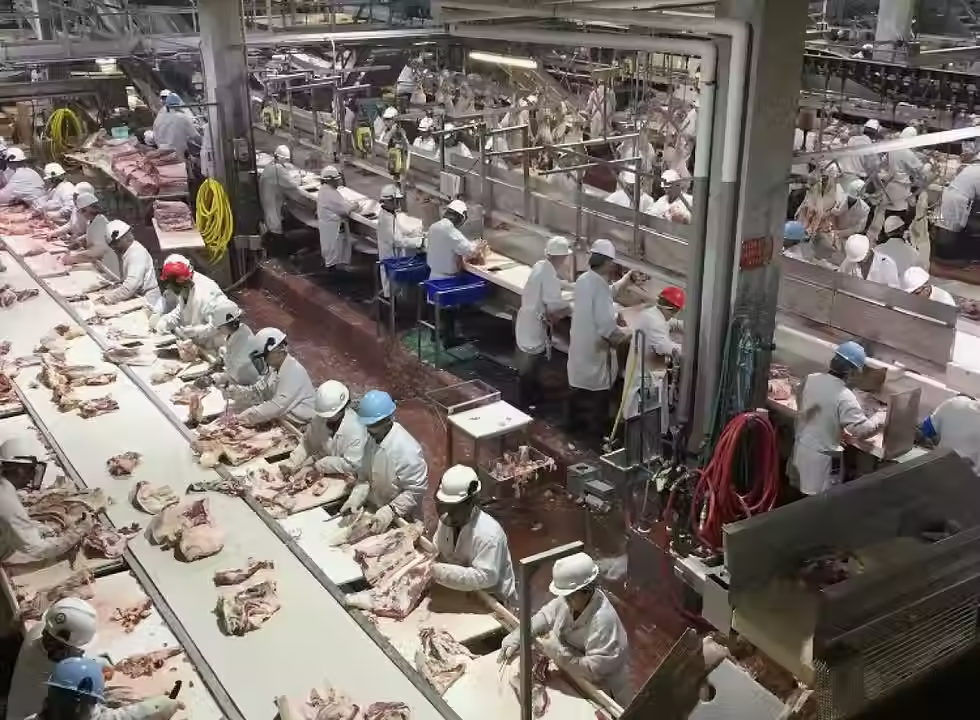BPA in your Cans
- Leslie Vivvian

- Apr 18, 2025
- 2 min read
Bisphenol A (BPA), a chemical used in epoxy resins, is found in many can linings to prevent food from directly contacting the metal. While some manufacturers have switched to alternatives, BPA can migrate into food, especially when heated. Health Canada and the U.S. Food and Drug Administration (.gov) have deemed the levels in food packaging to be safe, but research suggests potential health concerns!!
Here's a more detailed look:
What is BPA and why is it in cans?
BPA is a chemical used in the production of epoxy resins, which are then used to line the inside of food and beverage cans.
These linings protect the food from directly contacting the metal and prevent spoilage.
BPA is also used to make hard, clear plastic, including some food storage containers and water bottles.
The levels found in common cans of soup and baby formula are more than unsettling.
Concerns about BPA:
BPA can migrate into food from can linings, especially when heated.
Some studies suggest a link between BPA and various health issues, including reproductive problems, diabetes, and cardiovascular disease.
Health Canada and the FDA have set limits for BPA exposure, considering them safe. (which they are not)
However, research continues to explore potential long-term effects of low-level BPA exposure.
BPA-free alternatives and recommendations:
Many manufacturers have started using BPA-free linings, such as acrylic or polyester epoxies.
For consumers, choosing BPA-free canned food or opting for alternatives like glass jars or frozen foods can help reduce BPA exposure.
Rinsing canned foods before eating may also help to remove some BPA that has migrated into the food.
Companies are also working on other packaging solutions, such as using biodegradable or recyclable materials.
Choose glass over canned when possible. It is true, lids on glass jars can have some traces of BPA from the coating but the levels of BPA in a glass container versus a can are substanital.
Choose fresh or frozen. Frozen veggies are sometimes flash frozen right after harvest so they maintain a higher nutritional value than canned. Or scrap it all and buy fresh… even better, fresh organic.
Choose powdered formula. If you don’t breastfeed, choose a formula in powdered form. While BPA is no longer allowed in baby products and formula packaging, there is still a concern of other chemicals leaching into baby’s food.
Seek out BPA Free Canned Goods. Some companies are starting to emerge with a new method of lining cans.










Comments